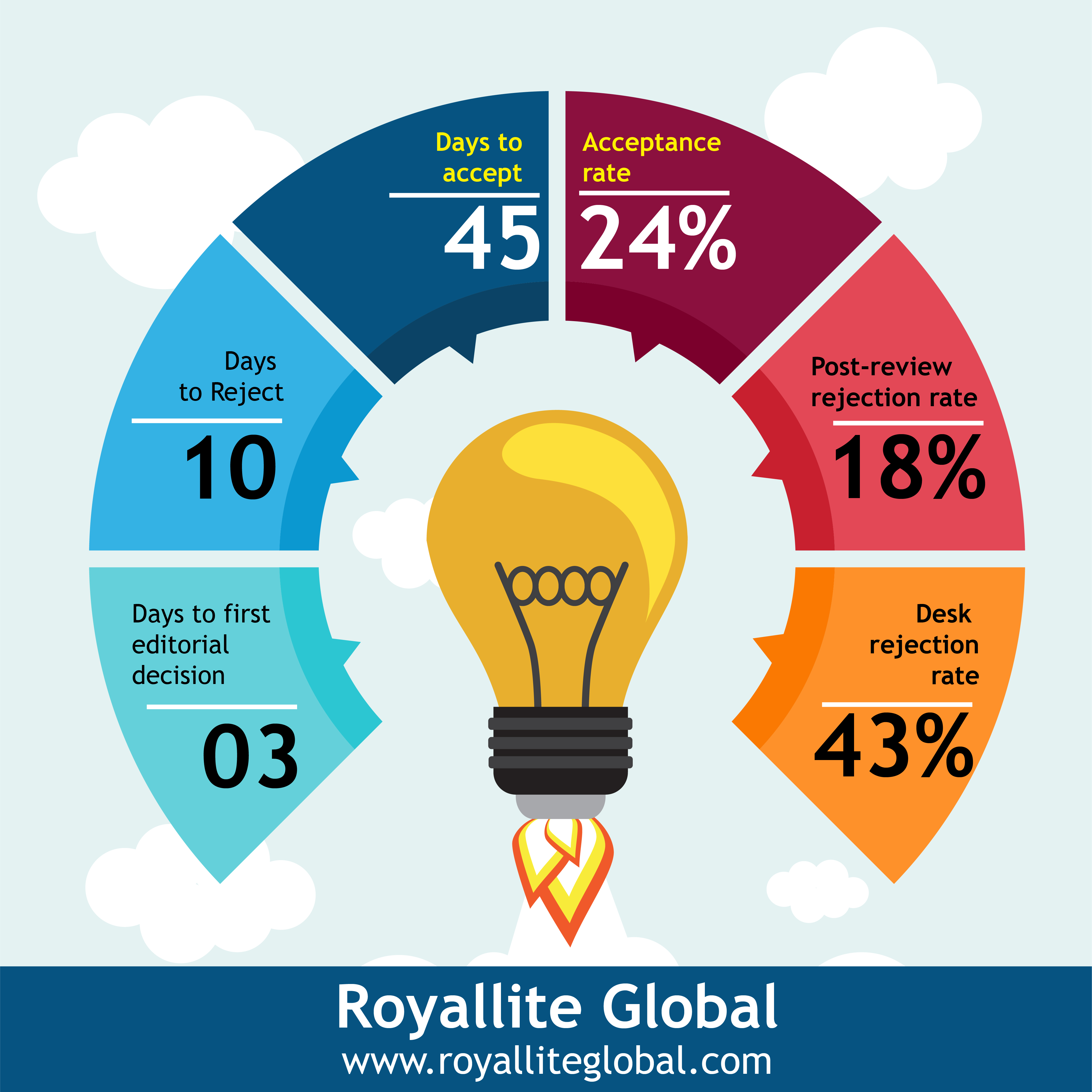Role of Language and Lexical Cohesive Devices on Manifestos: A Ghanaian Political Perspective
Keywords:
Ghana, language, lexical cohesive devices, manifestos, politics, registerAbstract
The need to establish a stronger rapport with supporters in political contexts is never a walk in the park. This requires dedication, persuasiveness which through language and lexical devices could create an effective platform to win their trust. Since politics is essentially about struggling to regulate power, it's only through language that such might be accomplished, thereby making language a really strong political weapon. Opeibi (2009) postulates that regardless of how good a candidate’s manifesto is; regardless of how superior political thoughts and ideologies of a party could also be, these can only be expressed and further translated into social actions for social change and social continuity through the facilities provided by language. This essay, however, examined the functions of language and lexical cohesive devices in the development of political manifestos. Mixed methods such as observation; an evidence-based approach and archival studies were used in the data collection.
References
Ayeomoni, O. M. & Akinkuolere, O. S. (2012). A Pragmatic Analysis of Victory and Inaugural Speeches of President Umaru Musa Yar‟Adua. Theory and Practice in Language Studies, 2(3), 461-468
Biber, D. (1995). Corpus linguistics: Investigating language structure and use.
Biber, D. (1995). Dimensions of Register Variation. Cambridge: Cambridge University press. doi:10.1017/CBO9780511519871
Bowen, G. (2009). Document Analysis as a Qualitative Research Method. Qualitative Research Journal, 9(2), 27-40.
Halliday M. (1994). The Conception of Context in Text' in M. Gregory & P. Fries (eds.), Discourse in Society, Functional Perspectives, Ablex Publishing, Norwood, NJ.
Halliday, M. A. K. (1994). An Introduction to Functional Grammar (2nded.). London: Hodder Arnold.
Halliday, M. A. K. (2002). On the ineffability of grammatical categories. In J. J. Webster (ed.) On Grammar. Volume 1 in Collected Works of M. A. K. Halliday, 291‒322. London and New York: Continuum.
Halliday, M. A. K., & Matthiessen, C. M. I. M. (2004). Halliday’s introduction to functional grammar (3rd ed.). USA, New York: Routledge.
Halliday, M. A. K., McIntosh, A., & Stevens, (2007). The users and uses of language. In Webster, J. J. (ed.) Language and Society. Volume 10 in the Collected Works of M. A. K. Halliday, 5‒37. London and New York: Continuum.
Halliday, M., & Hasan R. (1976). Cohesion in English. Harlow: Pearson Education Limited
Halliday, M.A. K. & Hasan, R. C. (1976). Cohesion in English. London: Longman.
Halliday, M.A.K. & Matthiessen, C.M.I.M. (2014). Halliday’s introduction to functional grammar. (4th ed.). New York: Routledge.
Halliday, M.A.K. (1978). Language as social semiotic, Edward Arnold, London.
Matthiessen, C. M. I. M., Teruya, K., & Wu, C. (2008). Multilingual studies as a multidimensional space of interconnected language studies. In J. J. Webster (ed.) Meaning in Context: Implementing Intelligent Applications of Language Studies, 146‒220. London and New York: Continuum
Reid, T. B. W. (1956). Linguistics, structuralism, philology. Archivum Linguisticum
Sinclair, J., & Coulthard, M. (1957). Towards an analysis of discourse, Oxford University Press, London.
Spencer, J., & Gregory, M. (1964). An approach to the study of style. In N. Enkvist, Spencer, J. and Gregory, M. Linguistics and Style. London: Oxford University Press.
Taiwo, R. (2007). Language, Ideology and Power Relations in Nigerian Newspaper Headlines. In Nebula, 4(1), 218-245.
Travis, D. (January 4, 2016). Desk research: the what, why and how. Retrieved from https://www.userfocus.co.uk/articles/desk-research-the-what-why-and-how.html
Ure, J. (1969). Practical Registers (parts I and 2). English. Language Teaching, Oxford University press, 23(2).
Ure, J. & Ellis, J. (1972) Register in descriptive linguistics and linguistic sociology. In Oscare Uribe Villegas (ed.) Las concepciones y problemas actuales do la sociolingüística. Mexico: University of Mexico press.
Downloads
Published
Issue
Section
License
This open-access article is distributed under a Creative Commons Attribution (CC-BY) 4.0 license.
You are free to: Share — copy and redistribute the material in any medium or format. Adapt — remix, transform, and build upon the material for any purpose, even commercially. The licensor cannot revoke these freedoms as long as you follow the license terms.
Under the following terms: Attribution — You must give appropriate credit, provide a link to the license, and indicate if changes were made. You may do so in any reasonable manner, but not in any way that suggests the licensor endorses you or your use.
No additional restrictions You may not apply legal terms or technological measures that legally restrict others from doing anything the license permits.






